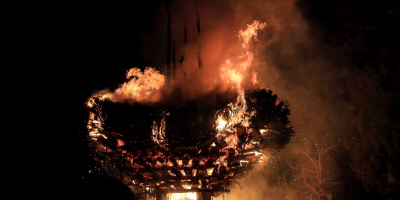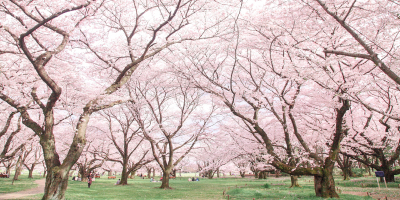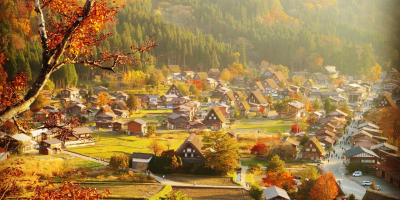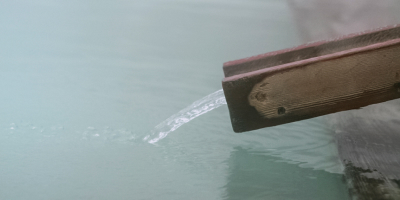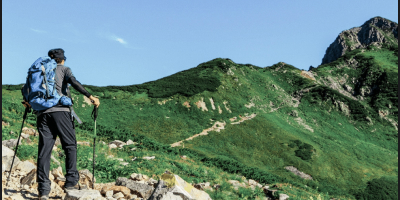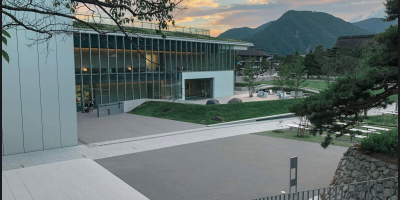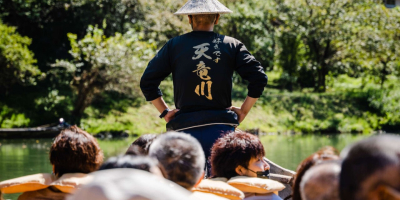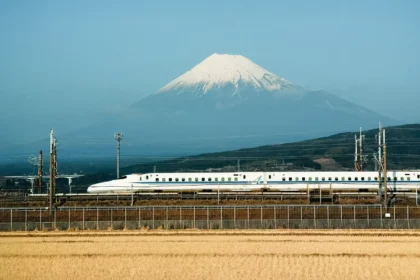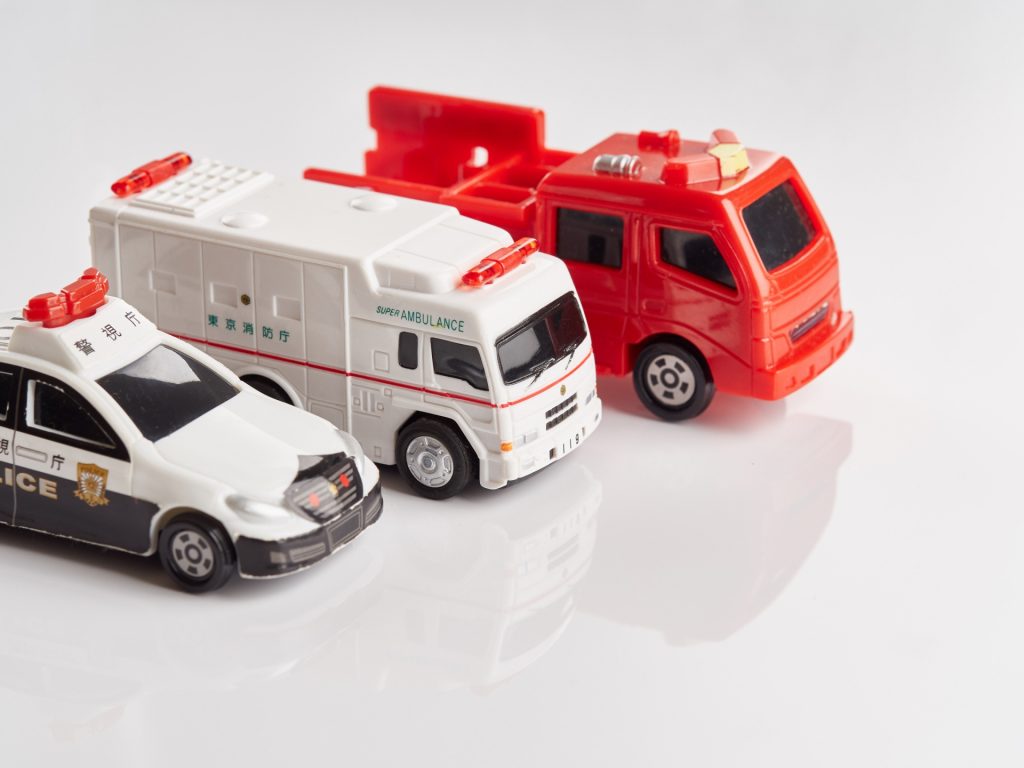
We are happy to say that Japan is one of the safest countries to live and travel. When here, hopefully you’ll never have to seek any assistance however if you should, rest assured help is easy to access. On this page you will find the following information:
-- Emergency Assistance – Police, Ambulance & Fire
-- Attending a Japanese Hospital
-- Insurance
For further essential travel information, see our ‘Plan Your Visit’ main page.
FOREIGN LANGUAGE SERVICES
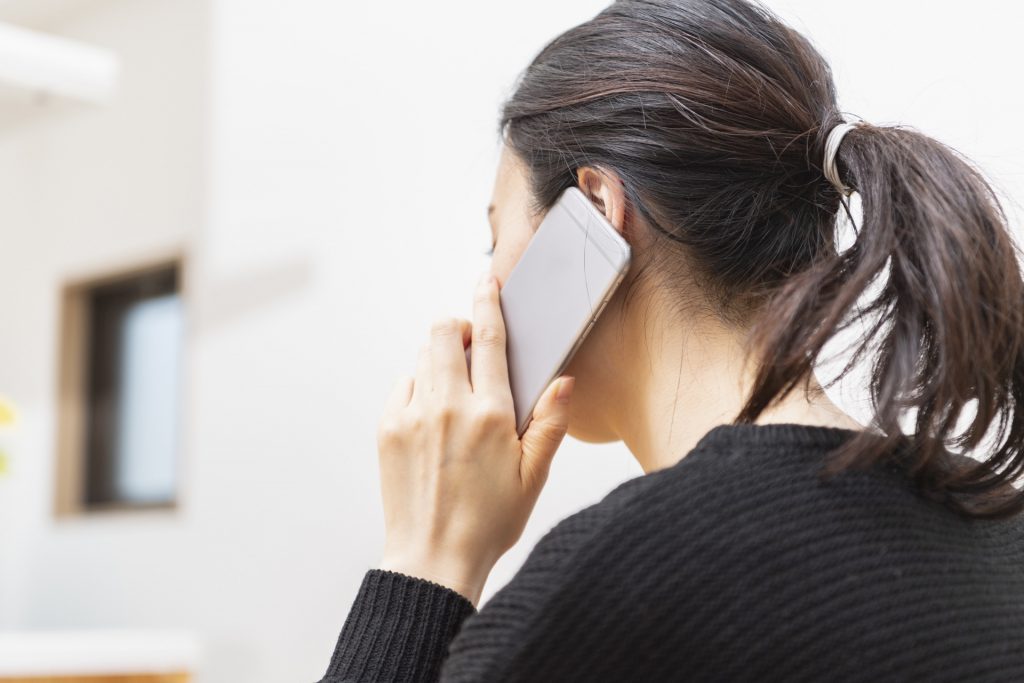
English is a compulsory language for all Japanese throughout their schooling. Despite this, many visitors to Japan are surprised by the apparent lack of English and other foreign languages spoken here. First impressions are however a little misleading. While Japanese learn English for the duration of their schooling, their tuition has a strong focus on reading and writing. Many Japanese read and write English at a high level but when it comes to speaking, they can lack confidence. This is likely the result of an education system that does not prioritise speaking nor instill students with the confidence to try.
This should however not be mistaken with an inability to speak English. Even if they are not confident speaking English, many Japanese have a good understanding and adequate vocabulary to comprehend what you are saying as long as you speak clearly, slowly and politely. Remember, Japanese borrows a lot of words from English so you can often get your point across by just slowing down and using plain language.
Unfortunately, at this time Japan does not provide a free national interpreting service that is available in many countries. There are however some regional services available across the country including in our home region of Nagano. If you are in Nagano, the Nagano Multilingual Call Center for Traveler Support is available 24 hours and can provide assistance for any travel-related matter, including seeking medical attention.
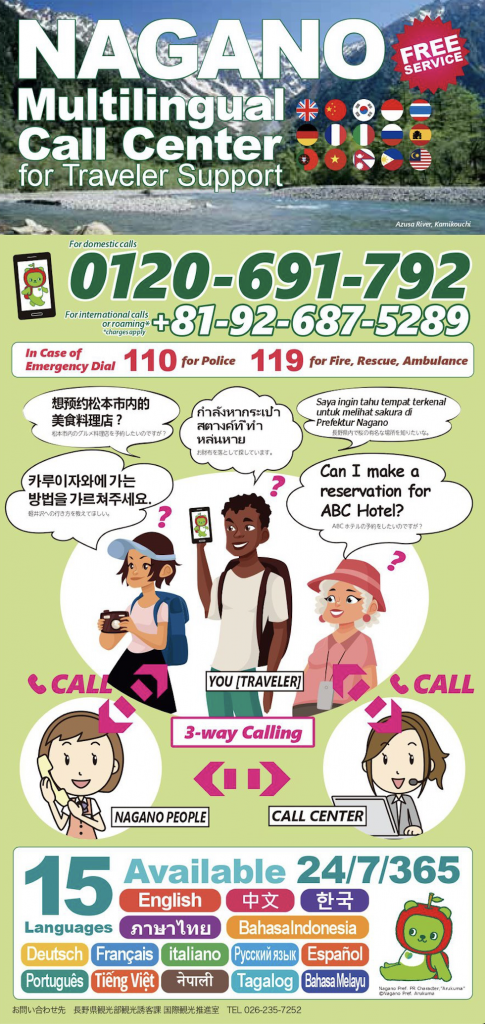
The call center can be contacted on 0120-691-792 (inside Japan) or +81-92-687-5289 (outside Japan), and offers the following languages: English / Chinese / Korean / Thai / Bahasa Indonesia / German / French / Italian / Russian / Spanish / Portuguese / Vietnamese / Nepali / Tagalog / Bahasa Melayu.
EMERGENCY ASSISTANCE – POLICE, AMBULANCE & FIRE
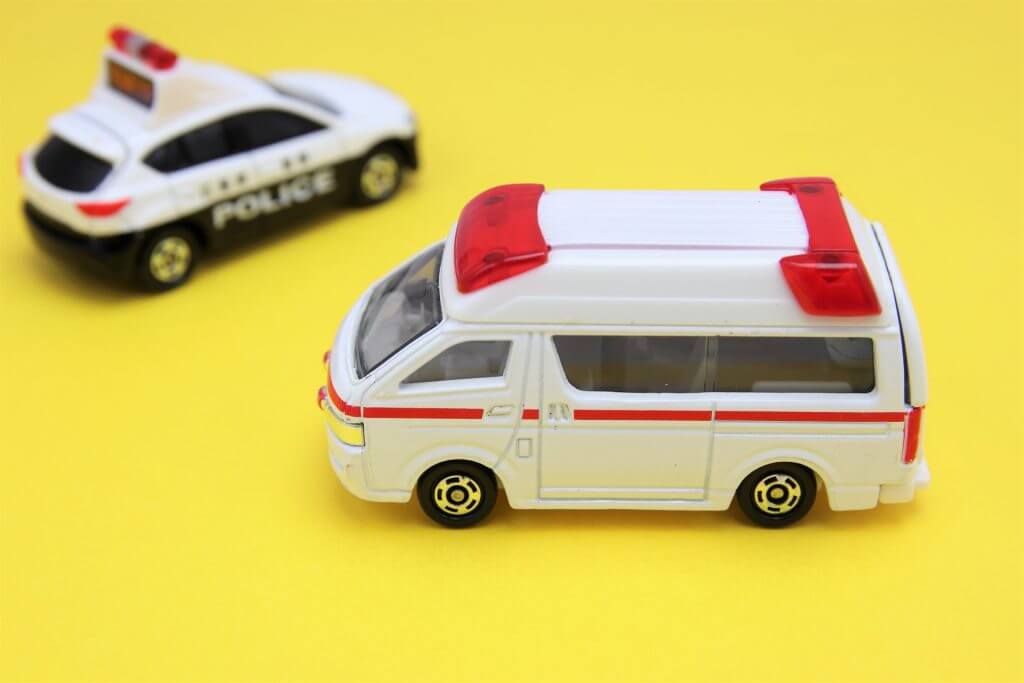
Japan maintains two emergency phone numbers: Police 110 / Ambulance & Fire 119. As you’d expect, both services are available 24 hours. Japanese police are typically polite and reasonable to deal with. Visitors should not hesitate to approach or contact the police should they need assistance. Throughout Japan, police maintain neighbourhood stations called ‘koban’ (交番). Stations operate 24 hours a day and can be identified by the golden insignia. All major train stations will have a koban.
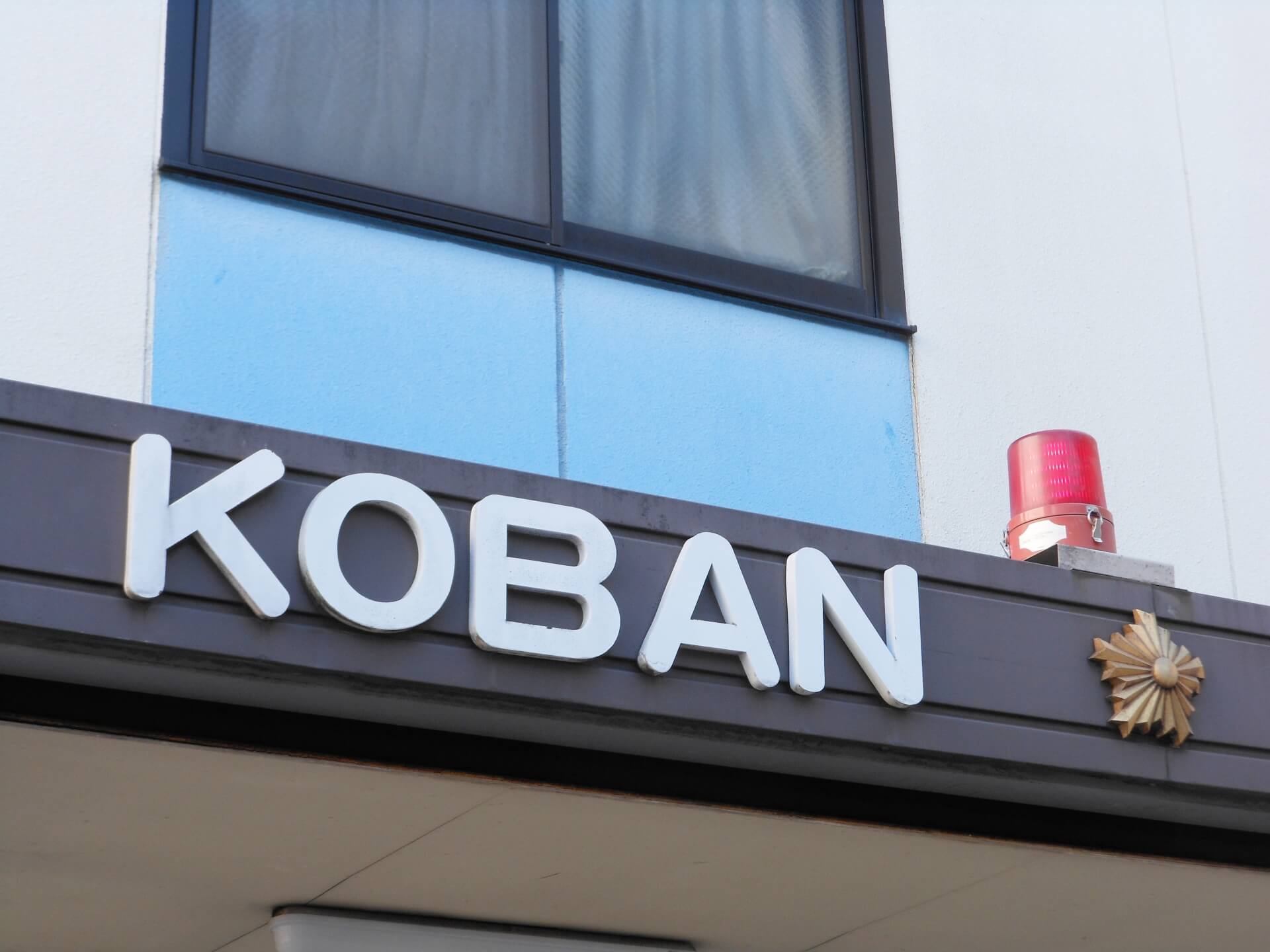
When dealing with the police, be polite and respectful. If you are stop by the police, cooperate and remain calm and you should not have any problem. Japan enjoys one of the best health systems in the world including its ambulance service. It is important to note that using an ambulance in Japan is free of charge, even for international visitors. Therefore should you require emergency medical assistance or should someone call an ambulance on your behalf, don’t hesitate to use it. You won’t be charged. Likewise, the fire brigade is highly-trained and well-equipped to handle all manner of emergencies ranging from fire to medical assistance and natural disasters including earthquakes.
Attending a Japanese Hospital
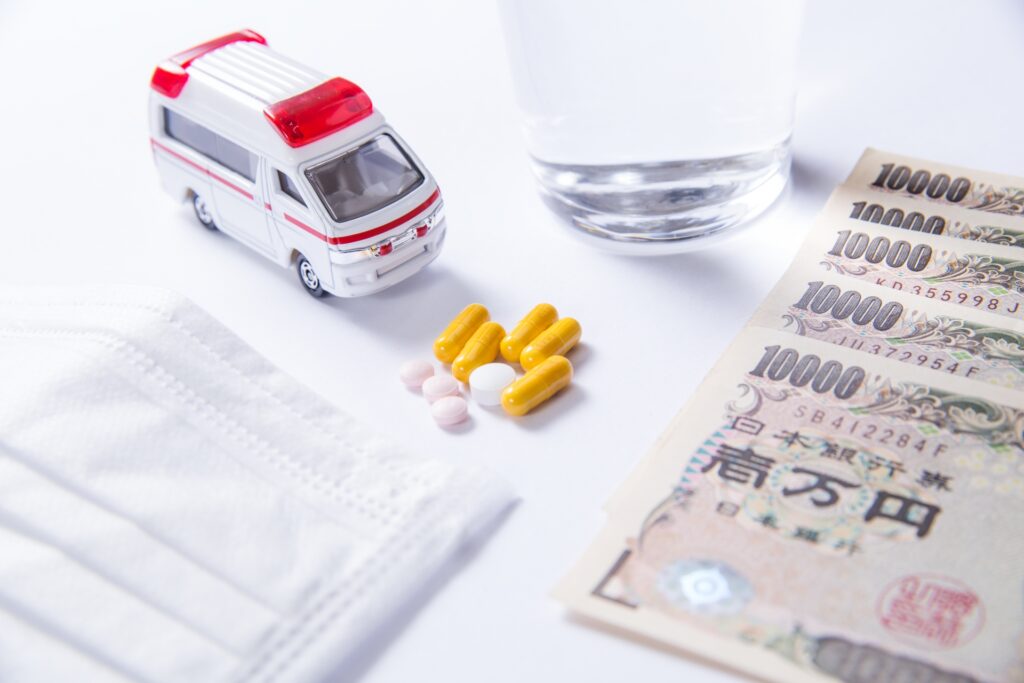
While procedures will vary between hospitals, they will generally follow a similar order. The first thing to note is that if you are attending a hospital in Japan, you are expected to wear a face mask. Regardless of the illness, this is considered normal and you may well be told-off if you don’t.
1 / Upon arrival, you will need to speak to the registration desk. They will collect some personal information from you and for international travelers, ask regarding your travel insurance*.
2 / You will then be directed to relevant area of the hospital to undergo assessment. Once your assessment/treatment is finished, you will be directed back to the registration desk. If you require medication, the doctor will hand you the prescription to take with you.
3 / At the registration desk, or nearby counter, you will be requested to complete payment.
4 / If you have been issued with a prescription, you will be directed to the pharmacy who will fill your prescription and receive payment for your medicine.
Most hospitals use a number system to direct patients to the correct floor and area, so even if you don’t speak Japanese, you should be able to navigate your way around the hospital without too much trouble.
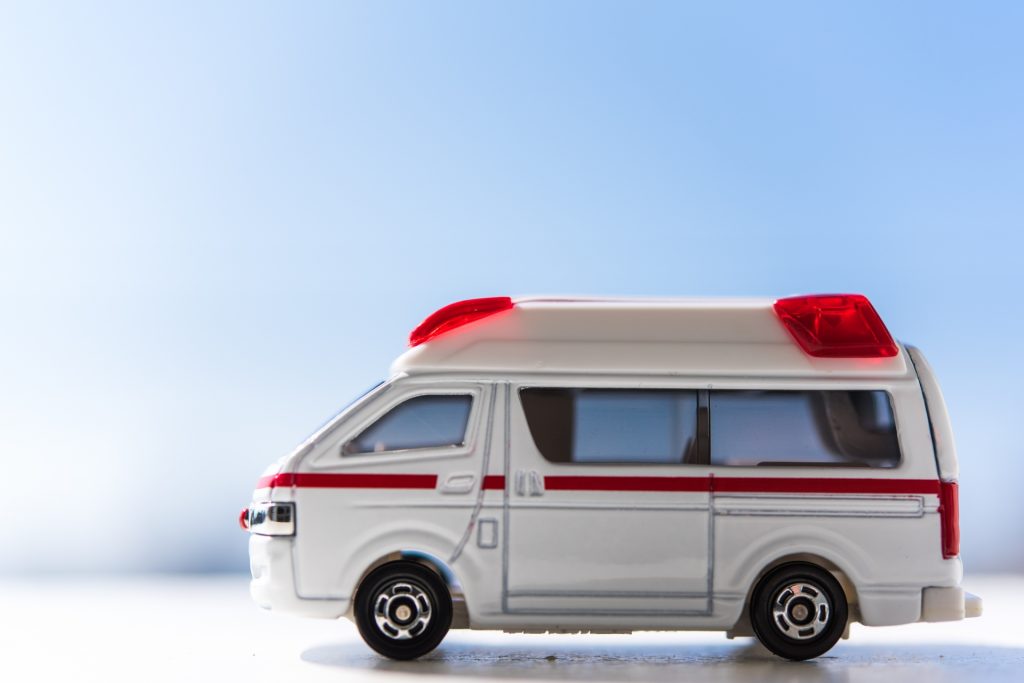
In the case of an emergency, it is worth noting that ambulances can be used free of charge in Japan, even for international visitors. Should you require one or one is called for you, rest assured that it is provided as a free service in Japan and you won’t be left with a nasty expense at the end.
*If you don’t have insurance or evidence of your insurance, you will still be treated but be prepared for potentially expensive charges.
INSURANCE
Always take-out travel insurance which includes medical cover prior to entering Japan. Should you require medical treatment and you do not have insurance that covers it, you will still be treated but may be left with a very expensive charge at the end. Ensure that your travel insurance includes adequate medical coverage before traveling.
FOREIGN EMBASSIES
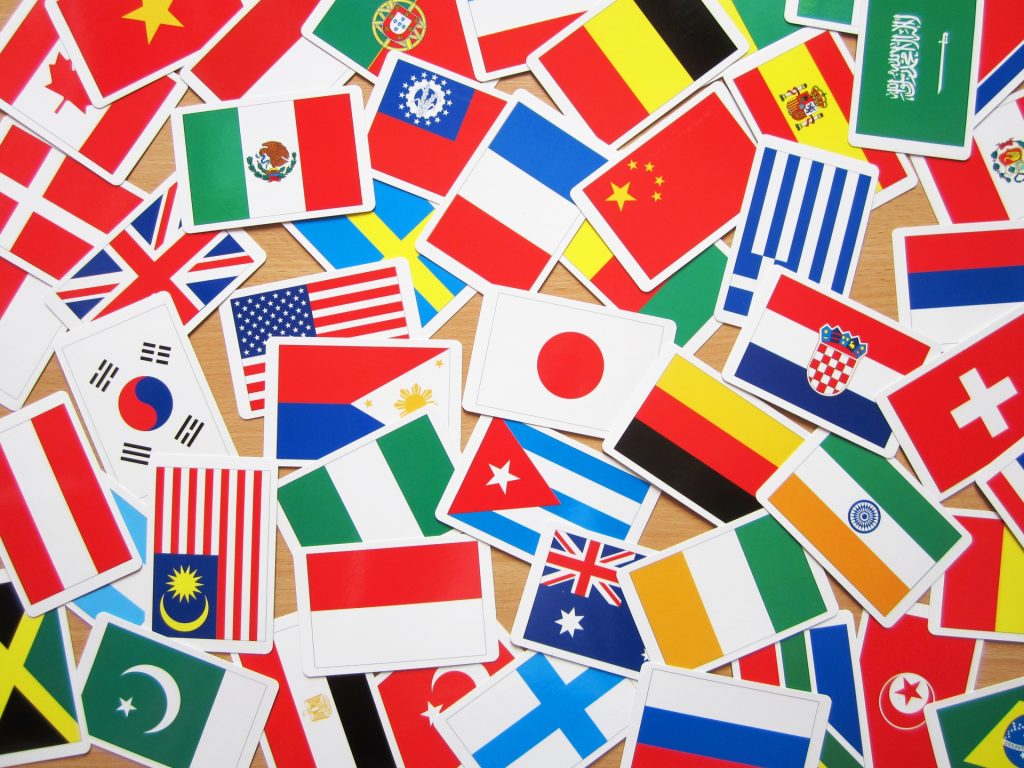
Many countries maintain embassies and consulates in Japan. Passport-holders of the following countries should refer to their appropriate embassy or consulate for further information regarding travel advice and assistance:
Argentina / Australia / Belgium / Brazil / Canada / Chile / China / Denmark / Finland / France / Germany / Greece / Indonesia / Ireland / Israel / Italy / Korea / Malaysia / Mexico / Netherlands / New Zealand / Norway / Philippines / Portugal / Russia / Singapore / South Africa / Spain / Sweden / Switzerland / Taiwan / Thailand / Turkey / United Kingdom / United States / Vietnam



